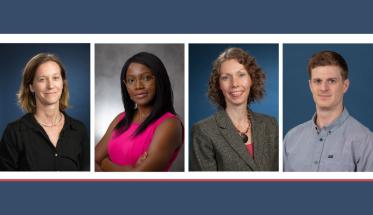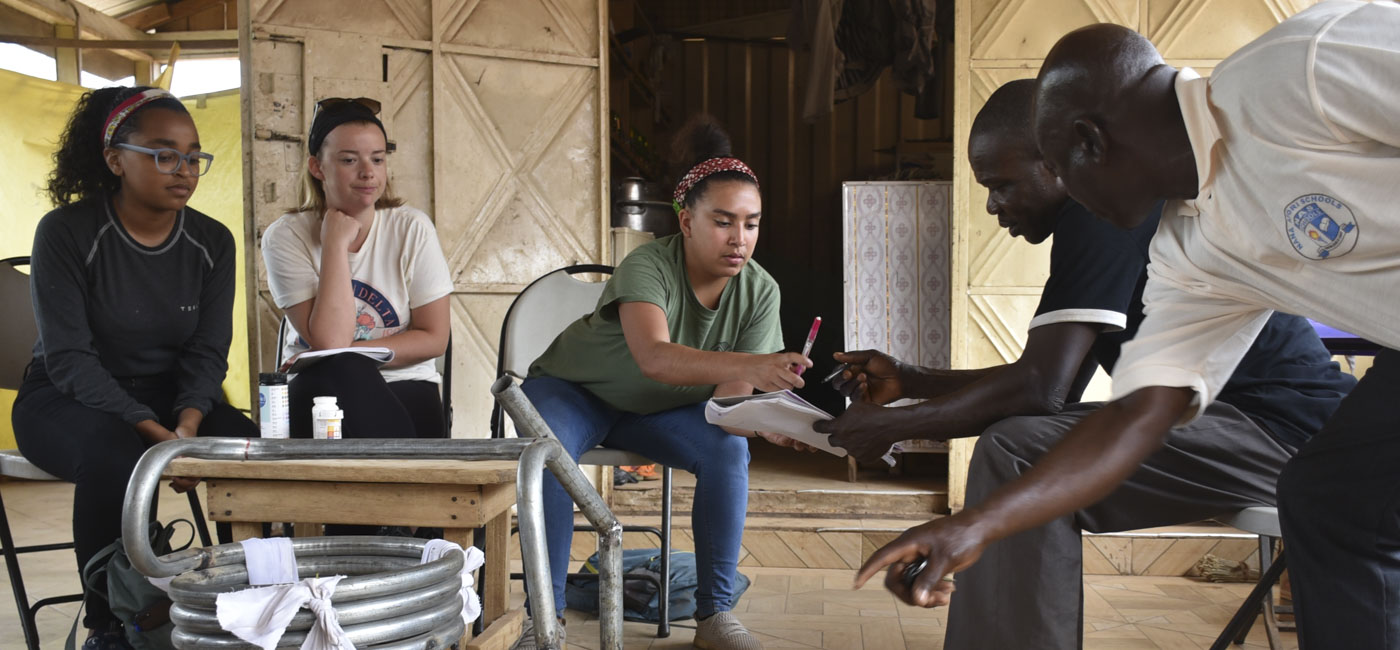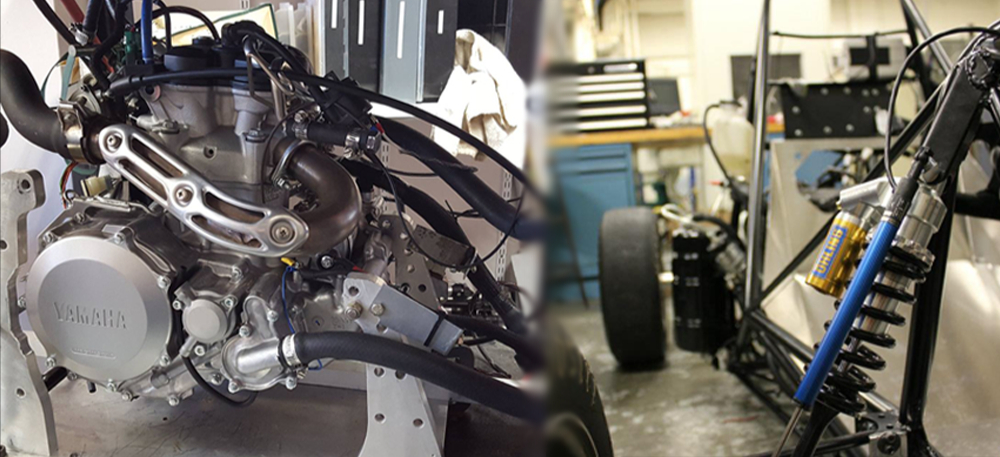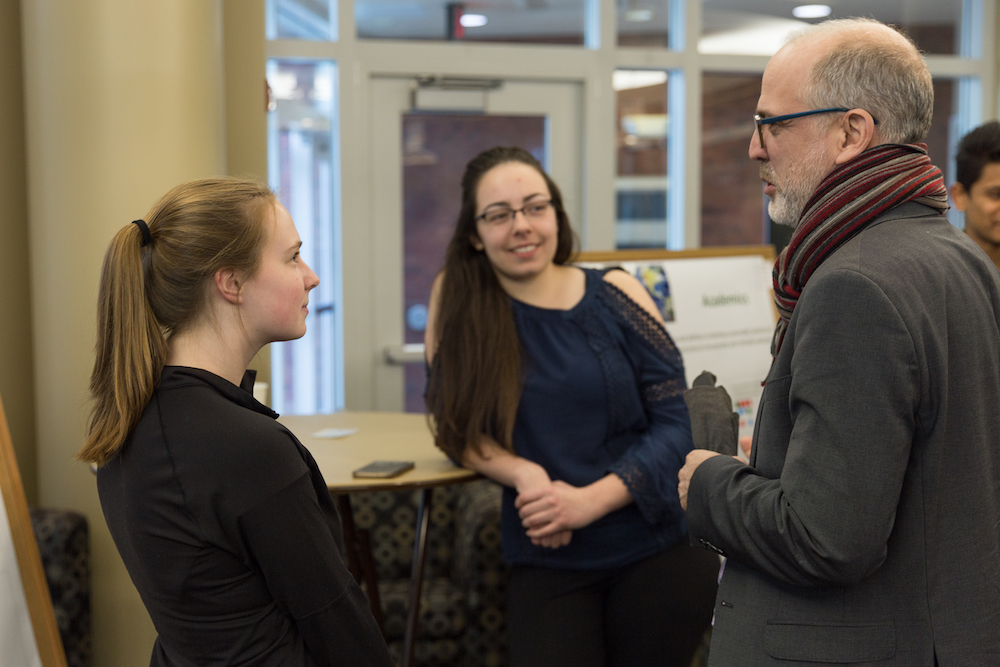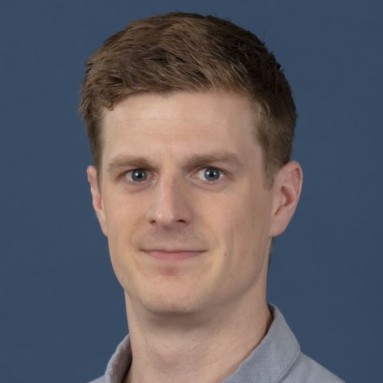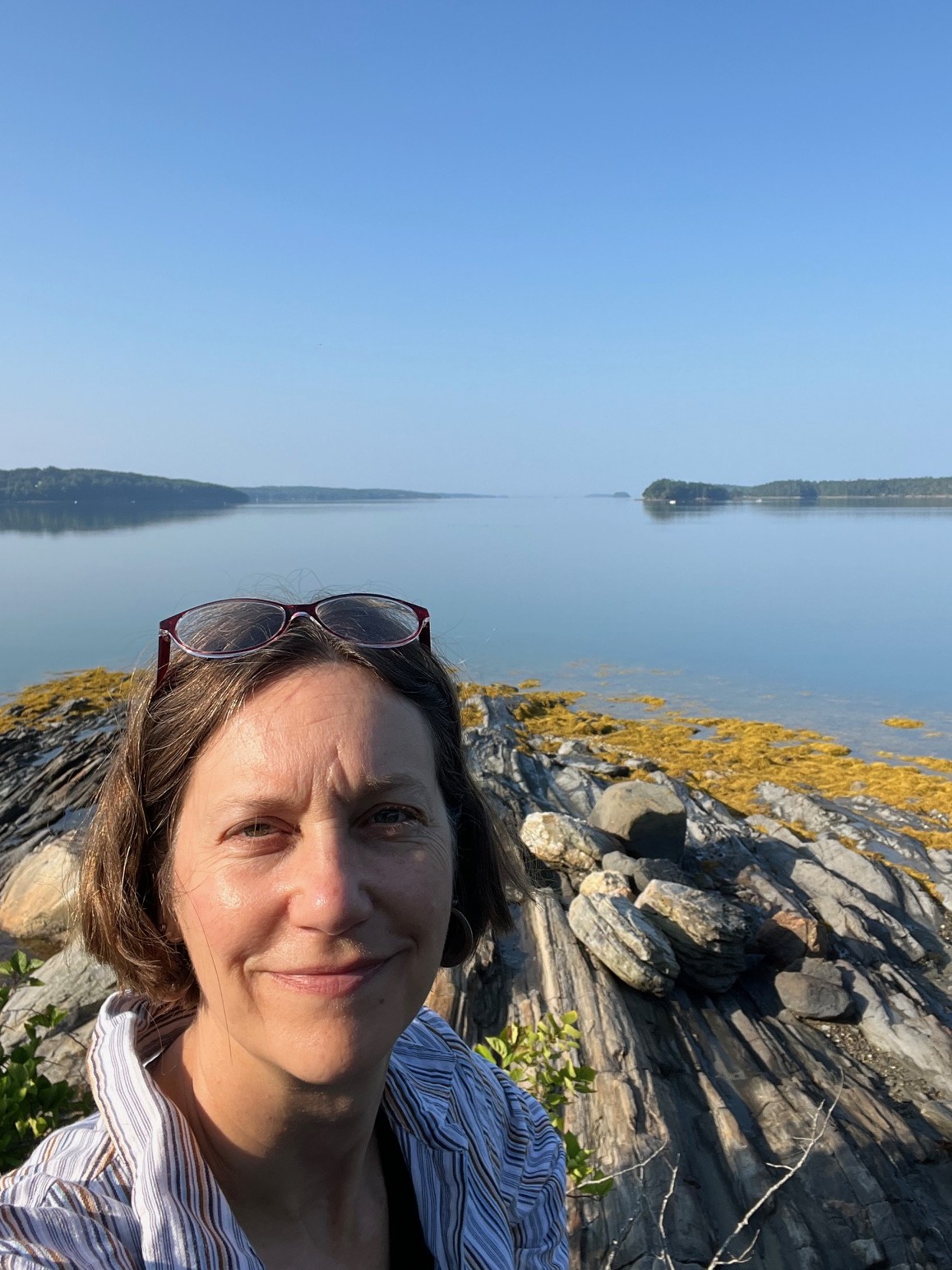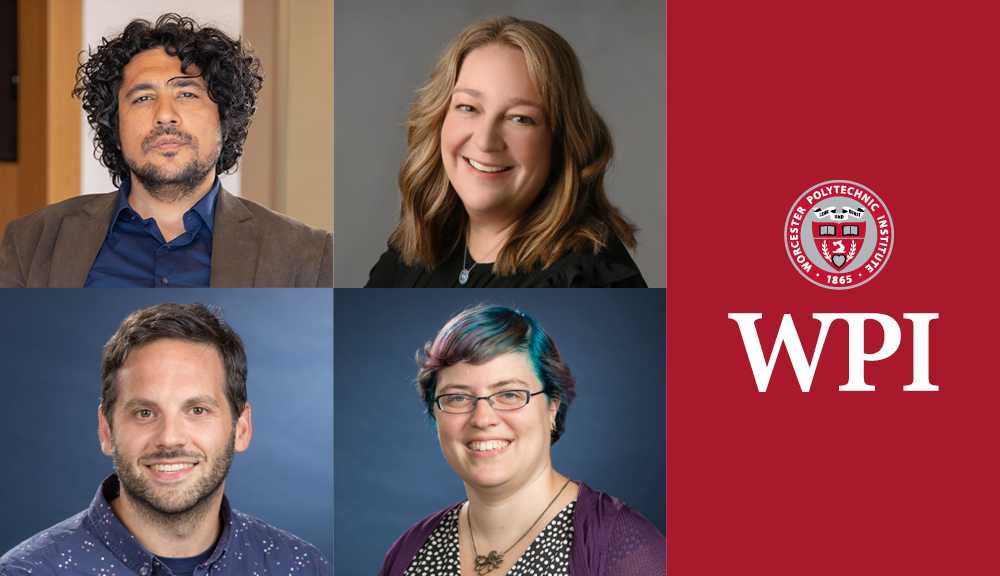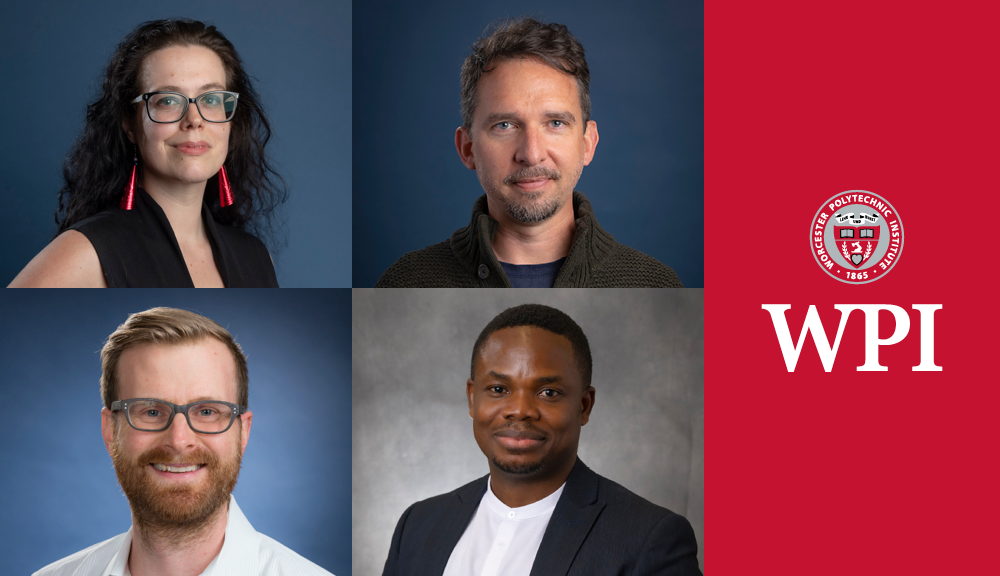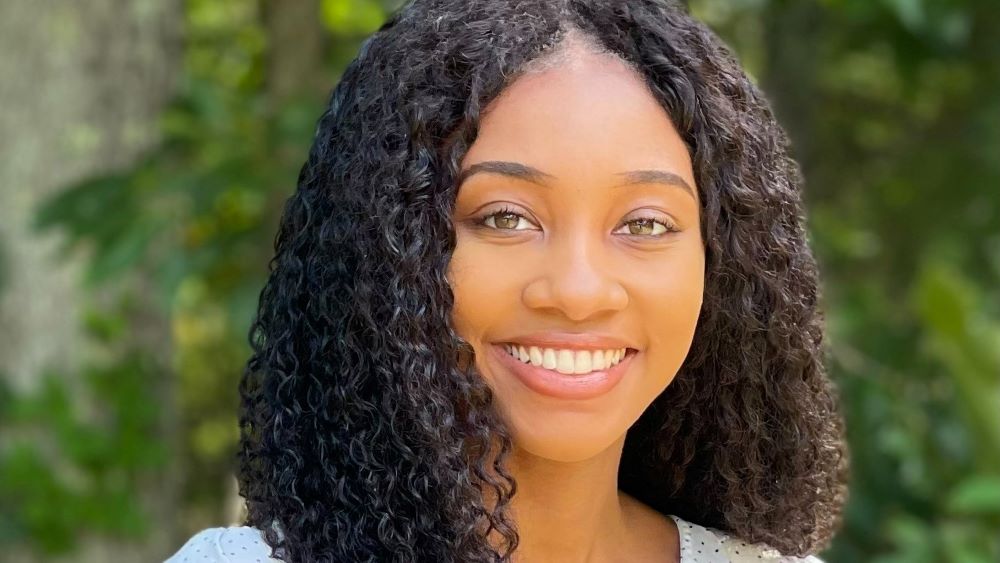For many, project-based learning is WPI’s special sauce—the ingredient that imparts the unique flavor of a WPI education. Thanks to a new summer fellowship program at the Center for Project-Based Learning, four WPI faculty members will have the opportunity to develop their own recipes using that ingredient this summer.
“Our primary role at the Center for Project-Based Learning (CPBL) is to help other colleges and universities learn from our experience so that they can advance project-based learning on their own campuses,” says Kris Wobbe, director of the CPBL. “In offering these new fellowships, we want to support projects that would be broadly useful for our clients from other schools. And by making the resources that our fellows develop available beyond WPI, we will help faculty everywhere provide impactful project-based learning experiences to their students.”
Each fellow will receive a $10,000 stipend and develop a resource that can be shared with faculty from WPI and beyond. Below are the four inaugural fellows and their projects:
- Marja Bakermans, associate teaching professor in the Department of Integrative and Global Studies, Centering Inclusive Practices in Student-authored OERs in Project-Based Learning
- John-Michael Davis, assistant professor of teaching in the Department of Integrative and Global Studies, A Systematic Revision Guide to Improve Project-Based Team Writing
- Fiona Levey, associate teaching professor in the Department of Mechanical and Materials Engineering, A Toolkit for Incorporating Collaborative Project-Based Learning in STEM Capstone Design Courses
- Hermine Vedogbeton, assistant research professor in the Department of Social Science and Policy Studies, Co-Designing Tools to Identify and Address Microaggressions in Teamwork/Classroom
Each fellow developed their proposal based on challenges they have seen their students encounter while working on team-based projects. During the fellowship they will document ways that other faculty can overcome similar challenges in their own classrooms.
None of the challenges are unique to faculty, students, or courses at WPI. For example, Bakermans will explore how to help both faculty and students intentionally weave diversity and inclusion into open educational resources that they develop, and Vedogbeton will document specific microaggressions that BIPOC and other underrepresented students experience and then work with diversity experts to explain how faculty can address each issue if and when it occurs in their classroom.
Embracing Diversity
Bakermans and Vedogbeton each hope that their work during the fellowship will play a role in diversifying and democratizing higher education.
“There’s a growing movement in academia of providing and using open educational resources, which are already free, but that doesn’t mean they’re always inclusive or that they promote equity,” Bakermans says. “When faculty put together teaching materials that they’ll share with others, it’s important to recognize contributions of folks in the field and to include diverse voices, especially those from marginalized populations.”
For the last several years, Bakermans has worked to increase the number of women-authored texts she uses in her classes. She also highlights research done by people of all races and genders.
“I include many different identities and I actually show those people during my lectures so that students can see that everybody’s involved in conservation,” she says. “During this fellowship, I plan to walk through the process that I’ve used to make my open educational resources more inclusive. I’ll describe each element and explain why I included it. I hope that by sharing my process and providing some language and examples, I’ll help other faculty—whatever discipline they’re in—to start adding diverse elements into their courses.”
Vedogbeton, for her part, hopes her work during this fellowship will, in the long run, help all students feel more comfortable and confident while working in a team setting. For that to happen, she’s creating a toolkit of sorts to help faculty understand best practices for curtailing a range of microaggressions that happen in the classroom.
